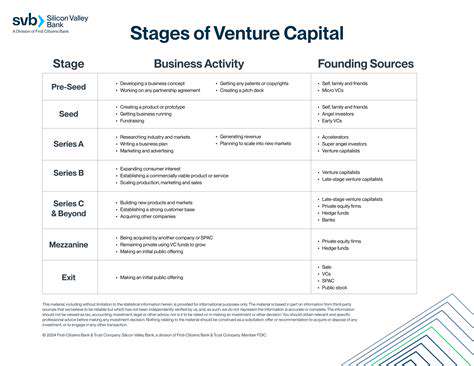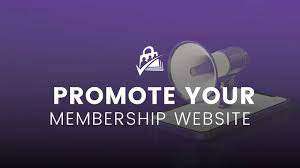Tips for Learning Concepts for Exams
Creating a Dedicated Study Space
A dedicated study space is crucial for focused learning. This area should be free from distractions, such as the television, social media notifications, or noisy roommates. Designate a specific corner, a table, or even a quiet room as your study haven. Personalizing this space with items that inspire you, like motivational posters or plants, can further enhance your focus and create a positive learning atmosphere. Consistency is key; using this space solely for studying will help train your brain to associate it with productivity.
Optimizing Lighting and Comfort
Proper lighting is essential for both physical well-being and cognitive function. Natural light is ideal, but if that's not an option, invest in a desk lamp with adjustable brightness settings. Ensure the light is focused on your workspace, avoiding harsh glare or shadows. Comfort is also paramount. An ergonomic chair that supports your posture, a comfortable desk, and a supportive mattress if you're studying in bed, all contribute to reducing physical strain and improving concentration.
Minimizing Distractions and Noise
Distractions are the enemy of focus. Identify your personal triggers – whether it's a specific website, a chatty friend, or a noisy environment. Implement strategies to minimize these interruptions. Use website blockers, turn off notifications, or utilize noise-canceling headphones or white noise machines to create a calm and conducive learning atmosphere. A quiet environment allows your mind to fully absorb the material, leading to better retention and comprehension.
Utilizing Effective Study Techniques
Employing effective study techniques significantly enhances your learning process. Active recall, where you try to retrieve information from memory without looking at your notes, is a powerful tool. Spaced repetition, reviewing material at increasing intervals, strengthens memory retention. Experiment with different methods like flashcards, mind maps, or summarizing your learning material to discover what works best for you. These techniques help transform passive reading into active learning.
Maintaining a Healthy Lifestyle for Optimal Learning
A healthy lifestyle directly impacts your cognitive function and ability to learn. Prioritize sufficient sleep, aiming for 7-9 hours per night. A balanced diet rich in fruits, vegetables, and lean proteins provides the necessary nutrients for optimal brain function. Regular exercise boosts blood flow to the brain, improving alertness and focus. Hydration is also crucial; staying well-hydrated keeps your brain functioning at its peak. By integrating these healthy habits into your daily routine, you create a powerful foundation for effective learning.
Leveraging Resources: Expanding Your Knowledge Base
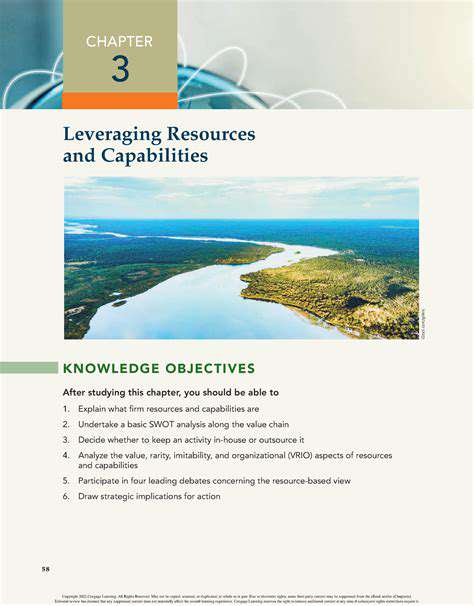
Optimizing Resource Allocation
Efficient resource allocation is crucial for achieving significant growth in any organization. This involves carefully considering available resources, such as personnel, financial capital, and technological infrastructure, and strategically deploying them to maximize output and minimize waste. Understanding the specific needs of different projects and departments is paramount to ensure that resources are allocated effectively and in alignment with strategic goals. This also includes proactive monitoring and adjustment of resource allocation based on changing circumstances or emerging opportunities.
A well-defined resource allocation strategy can dramatically improve productivity and profitability. It's not simply about having more resources, but about using the existing resources wisely. This involves prioritizing tasks, delegating responsibilities effectively, and ensuring that everyone understands their roles and responsibilities in the overall strategy.
Identifying Strategic Partnerships
Strategic partnerships can unlock significant opportunities for growth and expansion. Collaborating with complementary organizations can provide access to new markets, technologies, and expertise that would be difficult or impossible to acquire independently. Partnerships can also help reduce costs and risks, enabling organizations to leverage shared resources and expertise.
Careful selection of partners is crucial. It's vital to identify organizations with compatible values, goals, and operational strategies. This ensures a strong foundation for a productive and mutually beneficial relationship.
Enhancing Internal Processes
Streamlining internal processes is a critical element of leveraging resources effectively. By identifying and eliminating bottlenecks, optimizing workflows, and implementing efficient systems, organizations can significantly improve productivity and reduce operational costs. This includes evaluating existing procedures and implementing innovative solutions to enhance efficiency and effectiveness.
Implementing automation technologies where appropriate can greatly improve efficiency. This can free up staff to focus on more strategic tasks and contribute to overall growth. Thorough analysis of current processes and a willingness to adapt are essential for maximizing results.
Exploring New Markets
Expanding into new markets can be a significant driver of growth. This requires market research, understanding customer needs, and developing tailored strategies to penetrate new territories. Thorough market research is paramount to success in new markets. This includes identifying potential customers, understanding their preferences, and analyzing their purchasing behavior.
Cultivating Talent
Investing in human capital is essential for long-term growth. Developing and retaining a skilled workforce through training, development opportunities, and competitive compensation packages is vital for success. This includes fostering a positive work environment, encouraging innovation, and promoting professional development.
A well-trained and motivated workforce is a key asset for any organization. Investing in employee development has long-term benefits for both individual employees and the company. This includes providing opportunities for employees to learn new skills, grow in their roles, and contribute to the organization's overall success.
Leveraging Technology
Embracing and implementing innovative technologies can significantly enhance efficiency and productivity. This could involve adopting new software, utilizing automation tools, or implementing data analytics to gain insights into market trends and customer behavior. Adapting to new technologies is crucial in today's dynamic business environment. Companies must stay informed about the latest technological advancements and proactively explore how they can integrate these advancements into their operations.
Monitoring and Adapting
Ongoing monitoring and adaptation are essential for ensuring that resource leveraging strategies remain effective. Regular performance evaluations and feedback mechanisms are critical for identifying areas for improvement and making necessary adjustments. This involves tracking key performance indicators (KPIs), analyzing results, and making necessary modifications to strategies as needed.
Flexibility and responsiveness to changing market conditions are vital for sustained success. This includes being open to new ideas, embracing innovation, and adapting to emerging trends. Organizations that are adaptable and responsive to change are more likely to thrive in the long term.
Read more about Tips for Learning Concepts for Exams
Hot Recommendations
- How to Stay Productive While Working Remotely
- Tips for Managing Conflict with Coworkers
- Entrance & Certification Exams (升学考试)
- How to Improve Your Storytelling Skills (Speaking)
- How to Find Profitable Side Hustles
- Tips for Preparing for the TOEFL iBT Home Edition
- Guide to Switching Careers from [Industry A] to [Industry B]
- How to Run an Effective Hybrid Meeting
- Tips for Marketing Your Side Hustle on Instagram
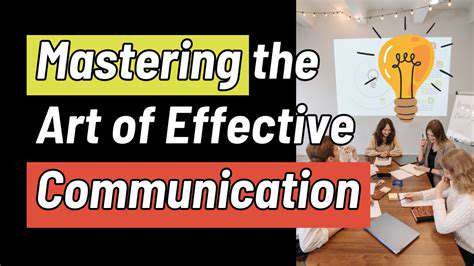

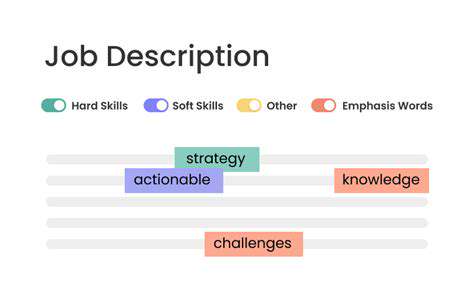
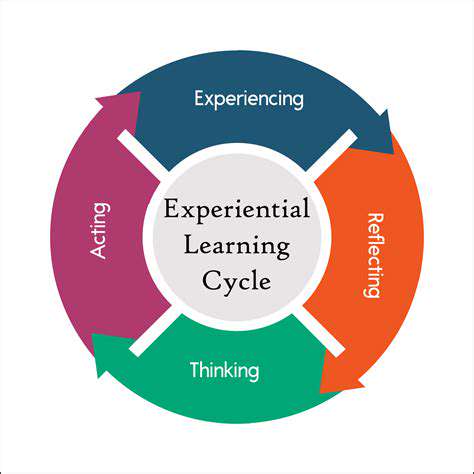
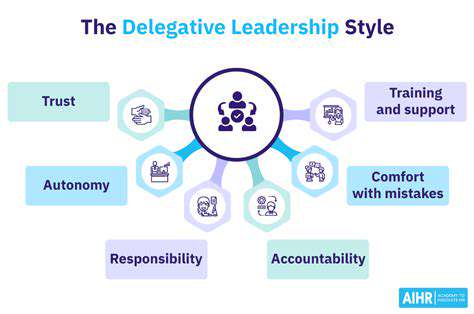
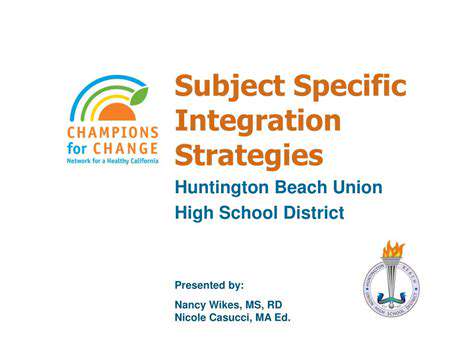

![Guide to Learning [Specific Design Style, e.g., Typography]](/static/images/32/2025-07/MasteringHierarchyandVisualStructure3ACreatingaClearandEngagingLayout.jpg)

